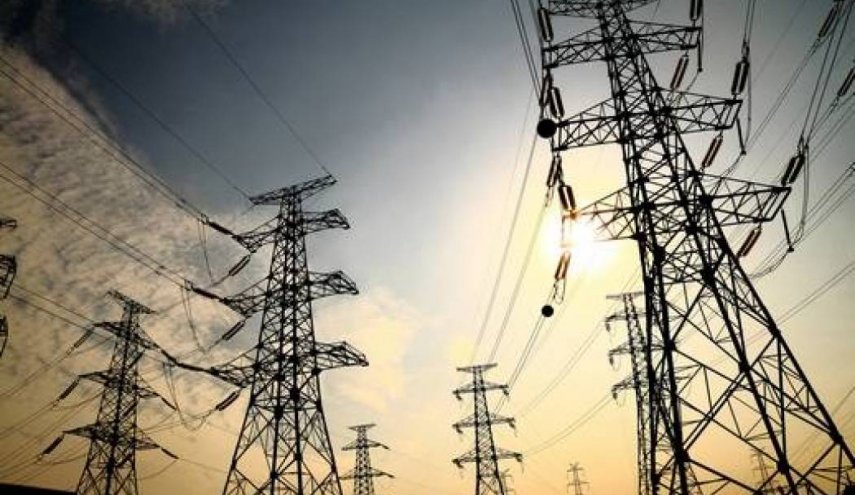Syrian economist Ayman Abdelnour clarified that the sanctions exemptions granted by the US Treasury Department to Syria in the energy sector are limited to the transportation, distribution, sale, supply, donation, and repair of networks—whether for electricity or oil and gas—and their delivery to and within Syria.
Abdelnour emphasized that these exemptions do not permit the construction of new power plants (generation) or the drilling and development of oil and gas wells, according to Al-Araby Al-Jadeed.
U.S. General License Marks Progress but Leaves Key Needs Unmet – ACS Says
Regarding the sanctions and restrictions on banks and financial transfers, Abdelnour noted that the ceiling on remittances intended to assist family and friends—excluding individuals on US sanctions lists—has been lifted, particularly for transfers via the Central Bank. He added that this measure was discussed with Congress to enable the new Syrian government to receive individual donations, aid, and grants from countries and international organizations. These funds are intended exclusively for paying the salaries of civil servants not included on the sanctions lists.
Abdelnour pointed out the country’s severe liquidity crisis, particularly after the Damascus government announced a 400% wage increase. He highlighted the disguised unemployment inherited from the previous regime and stressed the importance of easing sanctions to address this issue, as it has become possible to accept donations or aid.
“This issue has been resolved to allow the government to pay wages or receive donations,” Abdelnour explained. “We have already begun collecting donations to transfer to the central bank. Some countries may also contribute funds directly to the central bank to cover wages and emergency expenses.”
On the electricity sector—one of the most critical challenges facing Syrians—Abdelnour explained that Syria suffers from a deficit of approximately 8,000 megawatts. To address this, the country would need to construct eight power plants, each with a generating capacity of 1,000 megawatts, to cover its geographic needs. However, the cost of building a single 1,000-megawatt plant is approximately $1 billion.
Washington has not approved such projects due to the complexity of requirements, including the involvement of an international law firm to draft contracts for billion-dollar plants. Consequently, discussions have shifted to alternative solutions, such as linking Syria’s grid to Jordan or utilizing a ship-based power solution provided by Qatar.
This article was translated and edited by The Syrian Observer. The Syrian Observer has not verified the content of this story. Responsibility for the information and views set out in this article lies entirely with the author.


